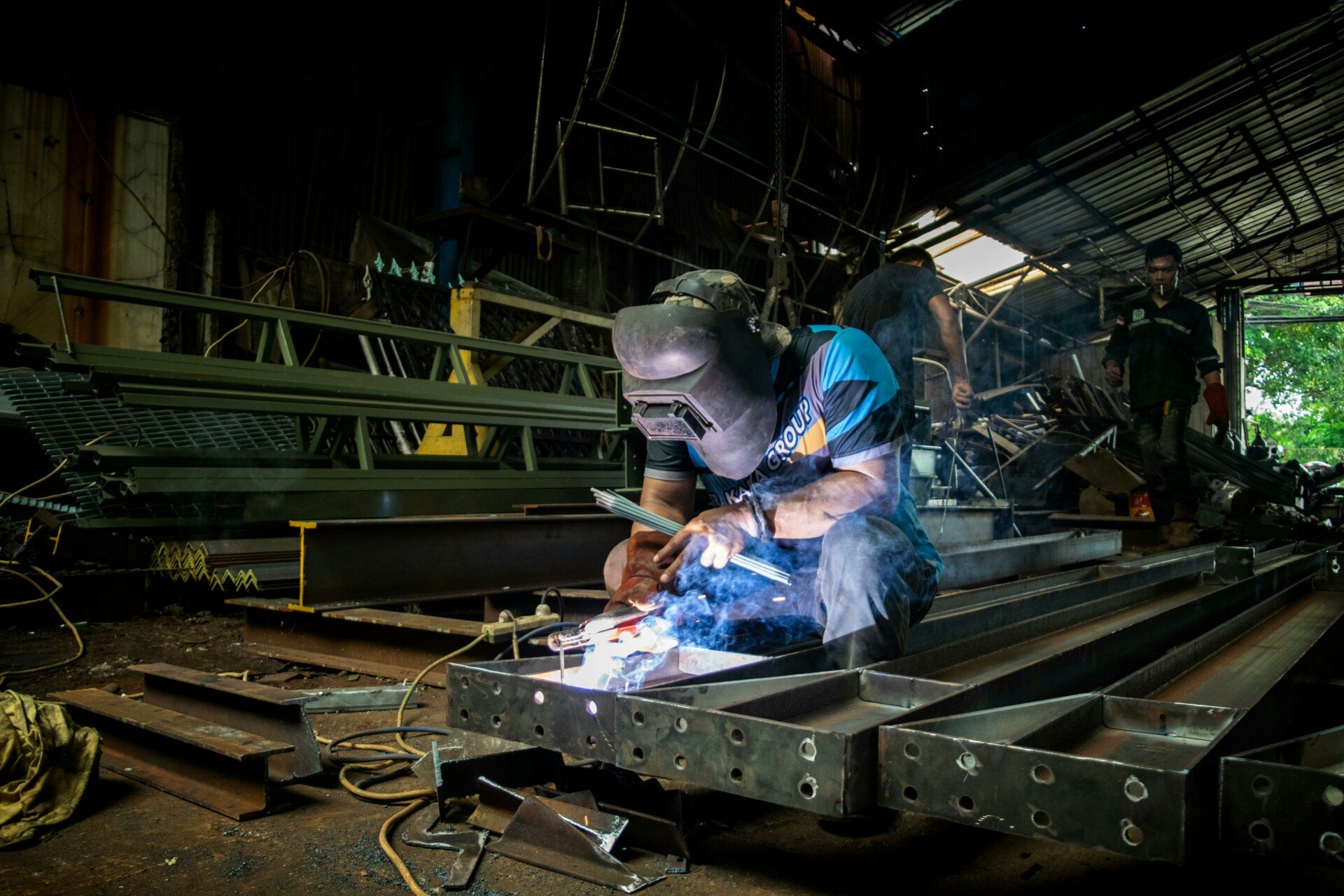The Court of Justice of the European Union recently ruled that Ilva di Taranto's activity must be suspended if it presents serious problems for the environment and health. Aspects that must be included in the concept of pollution, to which the directive on industrial emissions refers. This is essentially the answer that the European Court of Justice gave to the Court of Milan. The Lombard judges had in fact referred the matter to the Community judicial body to obtain an opinion on the question of whether the Italian legislation and the special rules applicable to the Taranto steelworks were in continuity or in conflict with the aforementioned directive.
Ilva Taranto: The rise and fall of Europe's largest steel group
Ilva was born in Genoa in 1905 thanks to the merger of other groups operating in the same sector. It immediately benefited from the interest and support of the ruling class of the time, who felt the need to initiate the industrial development of southern Italy. The Taranto plant arrives inaugurated in April 1965in the presence of the President of the Republic at the time, Giuseppe Saragat.
You too can rediscover the pleasure of staying informed!
Your support helps protect our independence so we can continue to produce quality journalism that is open to all.
Support us
In 1995, after the dismemberment of the property following the privatization processes, the group belonging to the Riva family bought the steelworks center of Taranto. Almost twenty years later, in 2012, the Taranto prosecutor's office ordered the seizure of the plants located in the hot zones of the plant, the nerve center of all production, for the crime of environmental disaster. Finally, in May 2021, the Assize Court pronounced the sentence of 22 and 20 years of first degree imprisonment towards of the owners Fabio and Nicola Rivafor the same offense.
Riva Management Responsibilities
The latter have given up guilty of failing to adapt the plant to minimum environmental and safety systemsunderlines the decision of the first instance of the Assize Court. The emphasis placed on the productivity factor in relation to any other element, it is stressed, has generated a very serious danger to public health and safety.
In fact, it has been found massive activity of releasing harmful substances into the air for human health, which spread both inside the factory and to its surroundings. Attacks on life and physical integrity were recorded, including: involuntary manslaughter, mortality from tumors, presence of dioxin in breast milk.
Responsibilities which involved, among others, local and non-local authorities vested with powers of authorization and control over the activities of the same factory.
Government action and new ownership
Meanwhile, in 2012, The Government decides to appoint extraordinary commissioners. Their mission is to take over the management of the Taranto plant, which has since been declared to be of national strategic interest. The aim is to limit the plant's polluting impact while encouraging production.
The commissioners appointed by the Government are responsible for guiding the transition that will lead to 2017 hasacquisition of the plant by the Indian multinational ArcelorMittal. But things don't seem to change much from the point of view of environmental and health protection. In fact, new legal problems arrive in 2019. The European Court of Human Rights condemns Italy to pay compensation to 180 people, for a total cost of 900 thousand euros. The accusation is that of having done nothing before the “persistence of a situation of environmental pollution”.
A situation that, since the previous year, has led many residents of the Taranto area to appeal to the Court of Milan to request the interruption of the continued operation of the steelworks. The Lombard judicial authority then decides to appeal to the European Court of Justice to clarify the real responsibilities of the former Ilva. According to the Court, the continuation of the steelworks' activities must be subject to compliance with the environmental and health standards required by the regulations on emissions. This is the confirmation of what, for years, despite the change of management, continued to be feared and denounced in vain.
Ilva Taranto: Justice begins to appear at the end of the tunnel
However, despite the ruling of the European Court of Justice, it is fully understood that nothing in the world will ever be able to compensate the workers of Ilva. Nothing in the world will ever be able to compensate the people of Taranto for the damage caused by imprudent policies and obvious omissions. But in the face of this observation, it must be stressed that the ruling of the European Court of Justice finally sets a firm point on the issue and allows us to look to the future with confidence.
From now on, the activities of structures like Ilva will no longer be able to ignore a prior assessment of their polluting impact. And the issuing of permits for their operation will necessarily require a scrupulous verification of the environmental and health consequences that may depend on it. In the Court decision Above all, the principle according to which The blackmail between environmental and health protection and the right to work is not acceptable.


